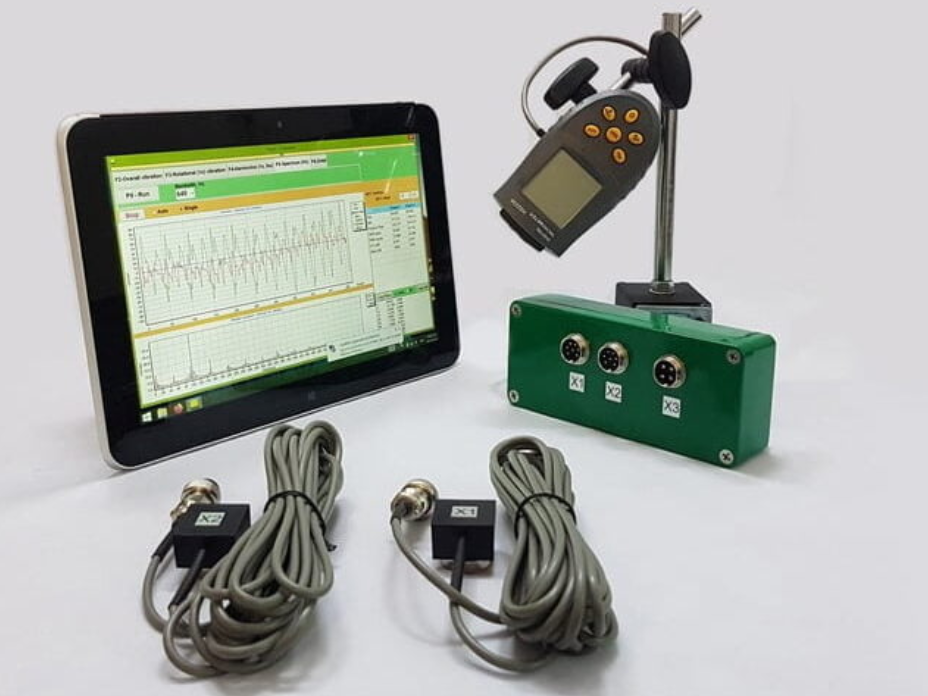Fed chair Powell signals stimulus tapering could start this year, but warns of Delta variant risks – business live | Business
America’s top central banker, Jerome Powell, has just addressed the Jackson Hole economic symposium….and declared that the Federal Reserve could begin to slow its bond-buying stimulus programme later this year.
In an eagerly awaited speech, Powell says that the Fed has achieved the ‘substantial further progress’ it was aiming for on inflation, and is making “clear progress toward maximum employment” too, given strong jobs gains in recent months.
But, Powell hasn’t given a clear pledge on exactly when the Federal Reserve might start winding back the $120bn/month programme, or how quickly it will act. He’s not lit the tapering touch paper today.
Pointing to the spread of the Delta variant, Powell says:
We have said that we would continue our asset purchases at the current pace until we see substantial further progress toward our maximum employment and price stability goals, measured since last December, when we first articulated this guidance.
My view is that the “substantial further progress” test has been met for inflation. There has also been clear progress toward maximum employment.
At the FOMC’s recent July meeting, I was of the view, as were most participants, that if the economy evolved broadly as anticipated, it could be appropriate to start reducing the pace of asset purchases this year.
The intervening month has brought more progress in the form of a strong employment report for July, but also the further spread of the Delta variant. We will be carefully assessing incoming data and the evolving risks. Even after our asset purchases end, our elevated holdings of longer-term securities will continue to support accommodative financial conditions.
Powell also expresses hope that America’s jobs market will continue to recover this autumn, despite the threat from the Delta variant of Covid-19.
With vaccinations rising, schools reopening, and enhanced unemployment benefits ending, some factors that may be holding back job seekers are likely fading. While the Delta variant presents a near-term risk, the prospects are good for continued progress toward maximum employment.
After faltering last winter, job gains have risen steadily over the course of this year and now average 832,000 over the past three months, of which almost 800,000 have been in services, the Fed chair says.
Powell started his speech by hailing those in the front line fighting the pandemic: the essential workers who kept the economy going, those who have cared for others in need.
He also points to those in medical research, business, and government who developed, produced and distributed vaccines that have allowed economies to reopen, adding:
We should also keep in our thoughts those who have lost their lives from Covid, as well as their loved ones.
Powell points out that the pandemic recession—the briefest yet deepest on record—displaced roughly 30 million workers in the space of two months.
The slump in Q2 2020 was twice as severe as the full decline during the Great Recession of 2007–09. But, the pace of the recovery has exceeded expectations too, with the economy surpassing its previous peak after only four quarters, less than half the time required following the Great Recession.
Employment gains have also come faster than expected, but are lagging the output recovery, he points out.
On inflation, Powell says that the spike in inflation is so far largely the product of a relatively narrow group of goods and services, driven by the pandemic and the reopening of the economy.
He cites energy prices, hotel rooms and airplane tickets, and used car prices (which seem to have stabilised after surging, and could soon pull inflation down).








